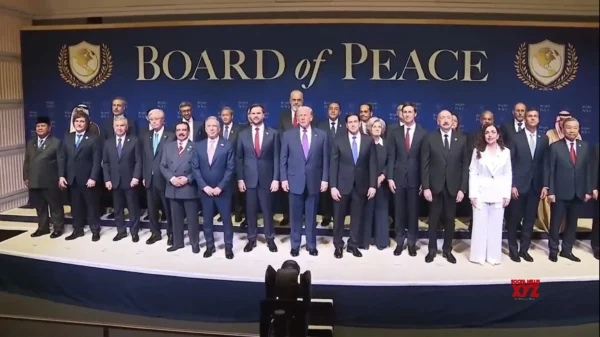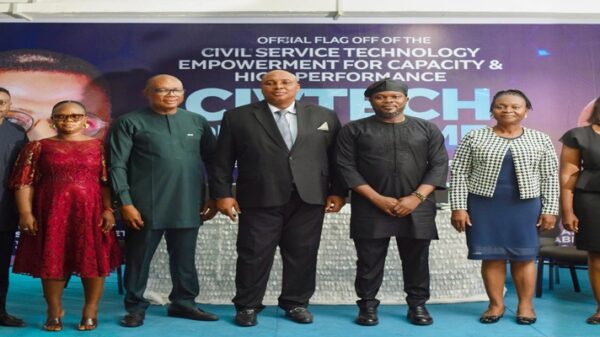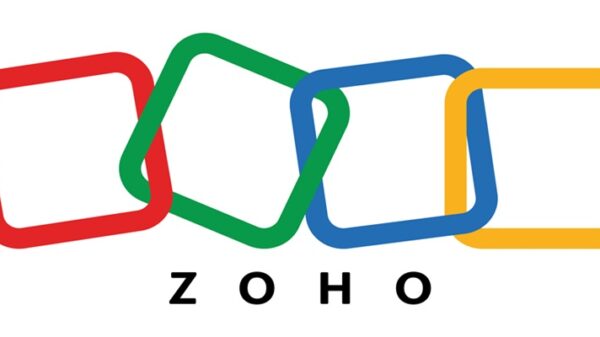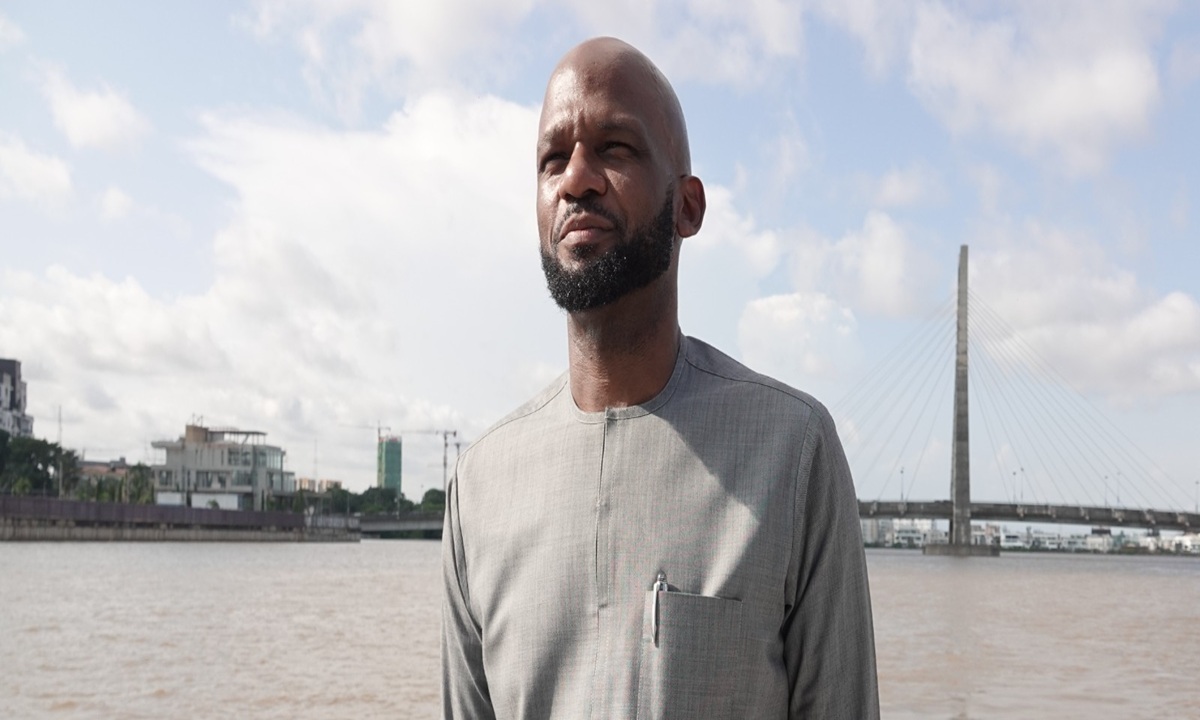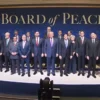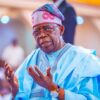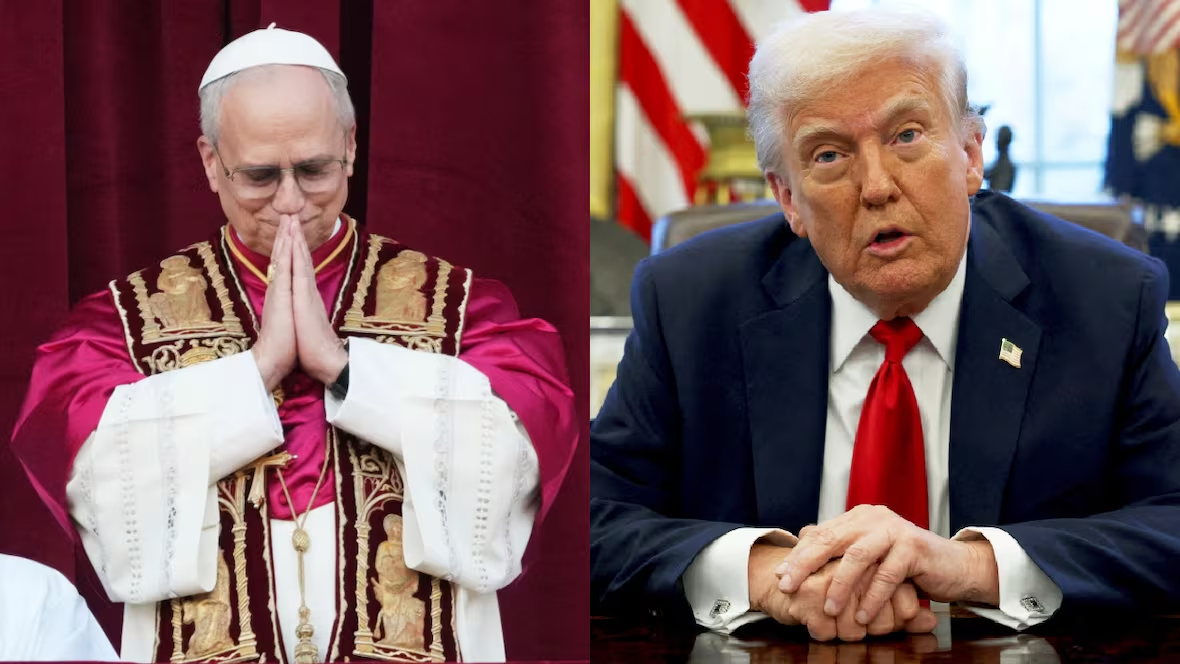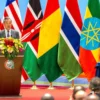Mr. Soji Maurice-Diya, the Chief Executive Officer of Nigerian Telecommunications Limited (ntel), has unveiled a comprehensive roadmap aimed at reviving Nigeria’s telecommunications industry, with plans for a market comeback in the first quarter of 2026.
Speaking during the Technology Times Thought Leadership Series in Lagos, Maurice-Diya emphasized ntel’s vision to reposition the once-dormant national carrier through innovation, youth inclusion, and strategic collaboration within the telecoms ecosystem.
Maurice-Diya, who took office earlier this year, reflected on Nigeria’s 25-year telecoms evolution, describing the sector as a resilient pillar of the economy that has evolved from a volatile market into a more stable, predictable ecosystem contributing significantly to Nigeria’s GDP.
Read Also: Court jails fake EFCC operative for defrauding Belgian woman of €45,000
He credited major operators such as MTN, Airtel, and Glo for their sustained commitment, which has led to market stability and growth.
However, he urged the industry to leverage ongoing regulatory reforms introduced by the Minister of Communications, Innovation and Digital Economy, Dr. Bosun Tijani, aimed at improving investment conditions and enhancing capacity.
Highlighting the need for cross-sector collaboration, Maurice-Diya stressed that synergy between telecoms and the financial sector is essential for future growth, positioning telcos as digital platforms capable of unlocking fintech, health-tech, and ed-tech opportunities.
Addressing longstanding connectivity challenges, the CEO highlighted the importance of the Critical National Infrastructure Act, which protects telecom assets from vandalism, alongside government investments in 7,000 new rural telecom towers and a 90,000-kilometer national fibre-optic project aimed at bridging Nigeria’s connectivity divide.
Maurice-Diya called on regulators to strike a balance between oversight and innovation, cautioning against over-regulation that could stifle growth and urging responsive, rather than restrictive, regulatory frameworks especially in emerging technologies like blockchain and fintech.
On global trends such as spectrum liberalization and infrastructure sharing, he noted Nigeria’s strategic advantage due to its population size, which is among the world’s largest.
He advocated infrastructure sharing to lower costs and reinvest savings into technologies such as artificial intelligence and machine learning.
Further, Maurice-Diya stressed the significance of local content and indigenous capacity, noting that the sustainability of Nigeria’s telecom industry depends on the localization of technology, infrastructure, and technical expertise.
He praised initiatives like the 3 Million Technical Talent (3MTT) programme, aimed at developing a skilled digital workforce.
Turning to ntel’s own revival, Maurice-Diya explained that ntel, which evolved from the legacy carrier NITEL, plans a “light digital play” focusing on creating niche products tailored to Nigeria’s youthful population rather than competing for mass market share.
He forecasted that the company will leverage legacy infrastructure and partner with industry players to share network capacity, thereby offering innovative, targeted services.
He highlighted Nigeria’s demographic opportunity, noting that between three and four million young Nigerians reach adulthood annually, a market segment ntel aims to capture through youth-focused digital services that promote inclusion and loyalty.
Maurice-Diya called for a level playing field in Nigeria’s telecom market, advocating for no preferential treatment among operators to foster fair competition, which he believes will catalyze innovation and consumer choice.
Read Also: MTN Nigeria to Lease Spectrum from T2 Mobile, Ends Agreement with Ntel
Concluding, the ntel CEO expressed optimism about the industry’s future role in driving Nigeria’s economic diversification and digital inclusion goals.
He said ntel is committed to making a meaningful impact not only on subscribers but also on the broader ecosystem by delivering overlooked yet essential telecom solutions.
“We owe it to ourselves to give it another shot,” Maurice-Diya said, underlining his confidence in ntel’s potential to contribute significantly to Nigeria’s digital economy.
![]()



